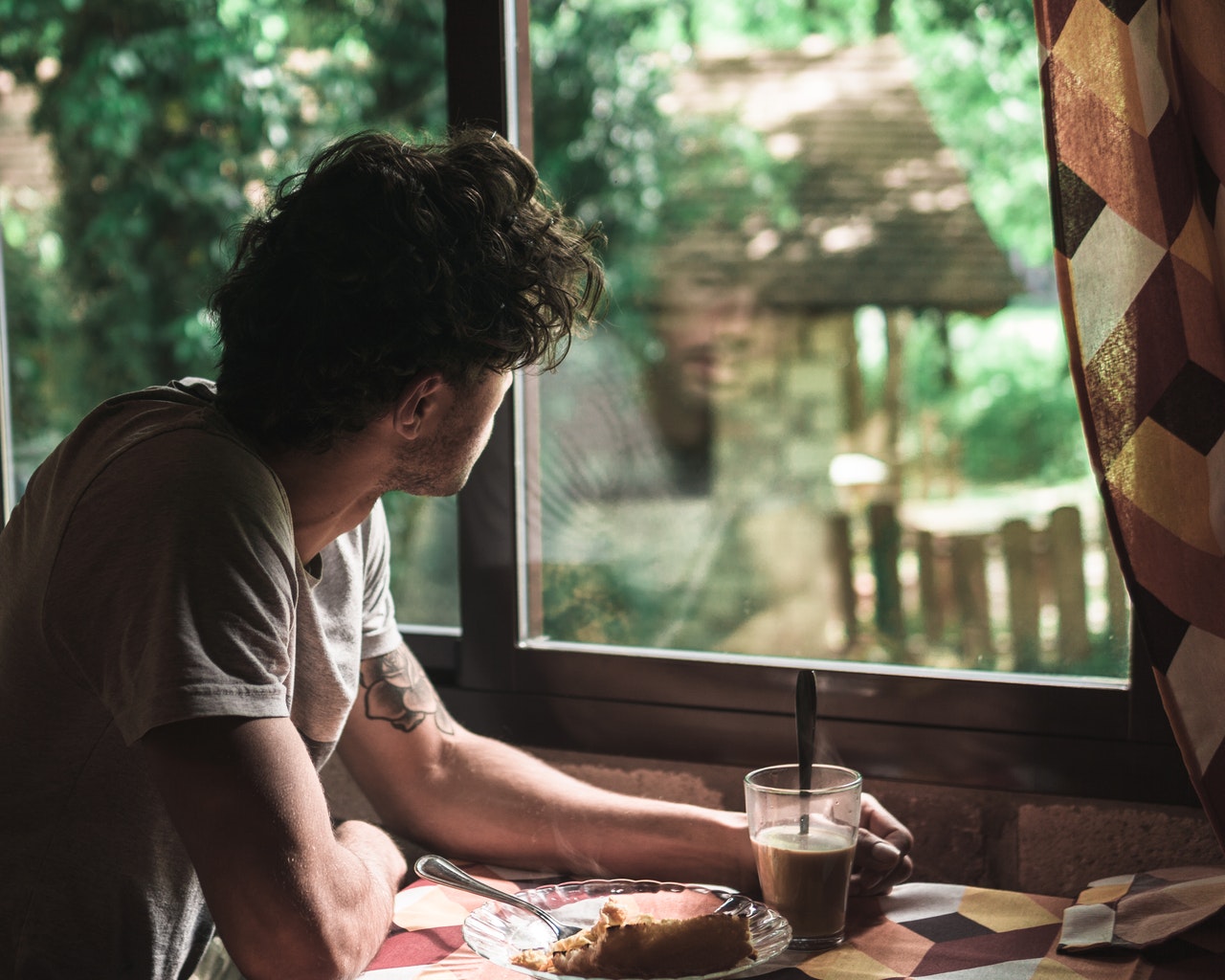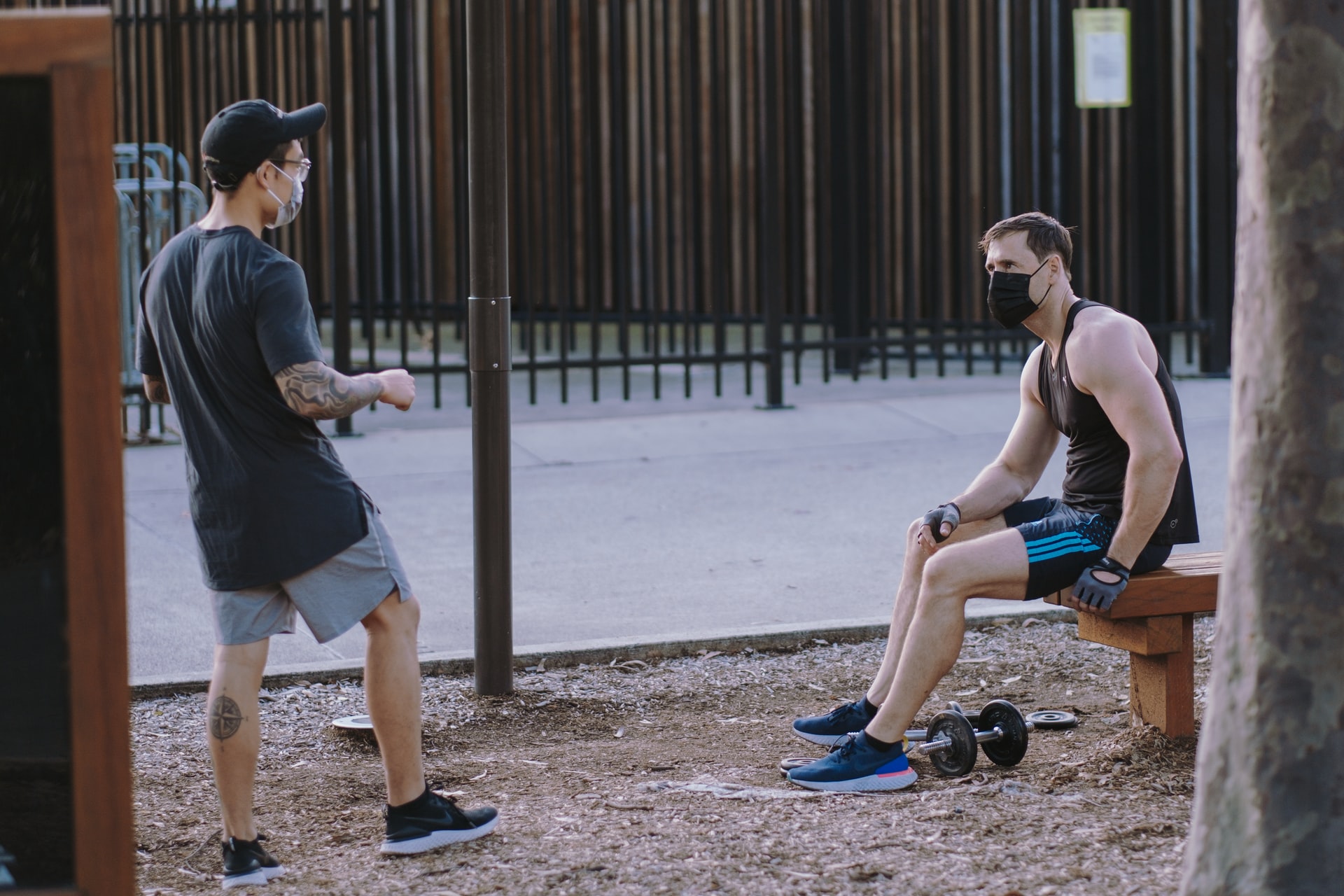Stay Home, Maybe Just a Little Bit Longer
It has been a rough week. If you’re getting cabin fever, you’re not alone. (But if you are actually having a fever, please see a doctor!)
Nations around the world have asked their citizens to stay at home to slow the spread of the virus among communities. Some nations such as Singapore, Australia and New Zealand, have completely shut their borders and only allow citizens in.
When will conditions improve? Nobody knows. But what we do in the next few weeks will dictate the two possible outcomes; that things will improve dramatically (with few or no new cases) or worsen drastically (many more deaths).
What’s the difference between a Quarantine Order (QO), being under a Leave of Absence (LOA) and a Stay-Home Notice (SHN)?

Quarantine Order
A QO is a legal order issued to individuals who are suspected to be a carrier of the virus or confirmed to be infected. Those under the QO will be isolated from others and may be either quarantined at Government Quarantine Facilities or at home.
There will be spot checks by health officials and if found to be non compliant, heavy measures will be enforced, on top of being fined up to $10,000 or jailed up to six months.
Stay-Home Notice
SHN is issued to everyone (from citizens to pass holders) returning to Singapore where the person must stay in his/her accomodation at all times during the 14 day SHN period. Even if it’s to purchase food and essentials, a person issued with a SHN isn’t allowed to leave the residence.
Leave of Absence
LOA is the least severe of the three. Only as a precautionary measure, people on LOA should remain in their residences as much as possible, have as few visitors over as possible and have a good record of persons with whom they come in close contact.
They are also allowed to leave their residences but highly encouraged to only head outdoors for essential duties & to minimize time spent in public spaces.
How does staying at home help?

Honestly, in a way, it’s more for healthcare professionals at the front-line than for you.
By staying at home, there will be fewer transmissions within and between communities, reducing clusters and effectively, fewer confirmed/positive cases across a period of time.
That means more focus for doctors & nurses to the patients and more beds available. The principle here is to make sure our national health system does not collapse. If it does, governments around the world may find themselves in difficult positions.
This can be summarized to the phrase “flattening the curve”
What precautions or measures can I take when I’m outside?
If you really have to head out – to fetch groceries, work or urgent matters, try not to spend too much time outside. If possible, try to run your errands in the vicinity within walking distance from your area of residence. Follow the principle of not getting infected, and not to infect others.
On masks

Thus far, the government’s recommendation on the use of masks is for individuals who are only sick as per the World Health Organisation’s (WHO) recommendation.
However, in the recent announcement by PM Lee on the nation-wide circuit breaker, everyone was encouraged to wear when in public. This is because there is some evidence that infected people showing no symptoms may infect others too. Since 5th April, in Singapore, every household will be issued masks too.
Now, every one heading out HAS TO WEAR A MASK. If not, face a penalty of a hefty fine.
So, wear a mask when you’re outside.
Social distancing

Keep a safe distance from others in public. If you haven’t noticed already, entities providing essential services (restaurants, supermarkets) have begun demarcating lines at queues, closing seats that are abreast or opposite and limiting numbers of people in a store/shop.
With social distancing, the risk of infection is lowered (not eliminated) therefore reducing community transmission.
Proper hygiene

According to current evidence, COVID-19 virus is primarily transmitted between people through respiratory droplets and contact routes. At MRT stations, try not to touch that handrail when you’re up the escalator, train your sense of balance when in the train and not touch those handles and sanitise (wash yo hands!) as frequent as possible.
What else can I do to help from home?
Glad you asked!
First, you can help by reducing panic within the community. Across the world, fake news is spreading faster than the virus itself – propagating via popular texting applications like Whatsapp, Facebook and Telegram.
From microwaving face masks, to inhaling steam and drinking warm water to kill viruses, many of these fake news lull people into a false sense of security and safety. Ultimately these people may head outdoors unnecessarily and will be exposed to greater risk of catching the virus.
If you find yourself receiving such messages, always verify with approved sources and seek to correct & educate. Little by little, we will be able to curb the spread of fake news.
Secondly, do not hoard food and essentials. The government has repeatedly assured us that there is enough food to last us awhile. To quote the Prime Minister of Singapore, Lee Hsien Loong;
“We have enough food supplies to last us through this period and beyond. You can still shop at the supermarket or wet market. And you need not rush to stock up for weeks at a time. You can still buy food from your favourite hawker centres or coffee shop.”
PM Lee, 3rd April 2020
By hoarding food and essentials, those who may need it more may be deprived of such necessities, on top of creating unnecessary panic.
These are turbulent times and everyone can play their part collectively to curb the spread of Covid-19 – all in the comfort of home. Be sure your Wi-fi and electricity bills are paid, let’s stay home and get through this together!
#SGunited #stayathome
How is MetroResidences doing their part?
Just as you are staying home, we’re making sure your serviced apartment is one worth staying in. Our housekeeping and maintenance teams are still operational. However, we have taken steps to ensure that everyone is safe and following the necessary procedures.
– We sanitize living areas and frequent touchpoints with Antibacterial Titanium Dioxide Surface Cleaner.
– Our housekeeping and maintenance team undergoes daily temperature screening.
– We don surgical face masks and gloves to keep everyone safe.
– All our incoming guests are subjected to a strict travel and wellness declaration form.
Should you have any questions or need assistance, do contact us at [email protected]







